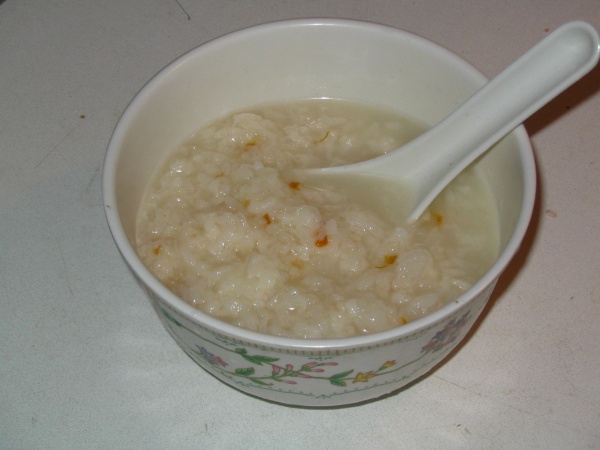Facts About Jiuniang
Jiuniang is a delightful sweet delicacy from Chinese cuisine, often described as either a soup or a pudding. Also known as sweet wine or sweet rice wine, it is made by fermenting glutinous rice with a fermentation starter containing Rhizopus oryzae and/or Aspergillus oryzae, along with yeast and bacteria. The result is a mixture of partially digested rice grains suspended in a sweet liquid that contains small amounts of alcohol and lactic acid.
Originally, Jiuniang was created as a by-product of mijiu (rice wine). You can enjoy it as is if you halt the fermentation early, or let it ferment further to transform into rice wine or vinegar.
Jiuniang is especially popular in winter, as the cold weather aids in controlling the fermentation process. Sometimes referred to as rice sauce or rice wine by Western Chinese retailers due to its alcohol content, Jiuniang offers a versatile dining experience. A unique variation, called guihua jiuniang, incorporates the fragrant and sweet osmanthus flowers.
During the Dongzhi Festival, a traditional winter celebration, Jiuniang is often enjoyed with tangyuan (sweet glutinous rice balls), creating a dish known as jiuniang tangyuan or jiuniang yuanzi.
Similar dishes can be found in other cultures, such as cơm rượu from southern Vietnam, sikhye from Korea, and amazake from Japan. However, these versions are generally thinner and considered more as drinks rather than soups or puddings. Jiuniang is typically savored with a spoon and holds a cherished place in Chinese culture, particularly during the Dongzhi Festival.
